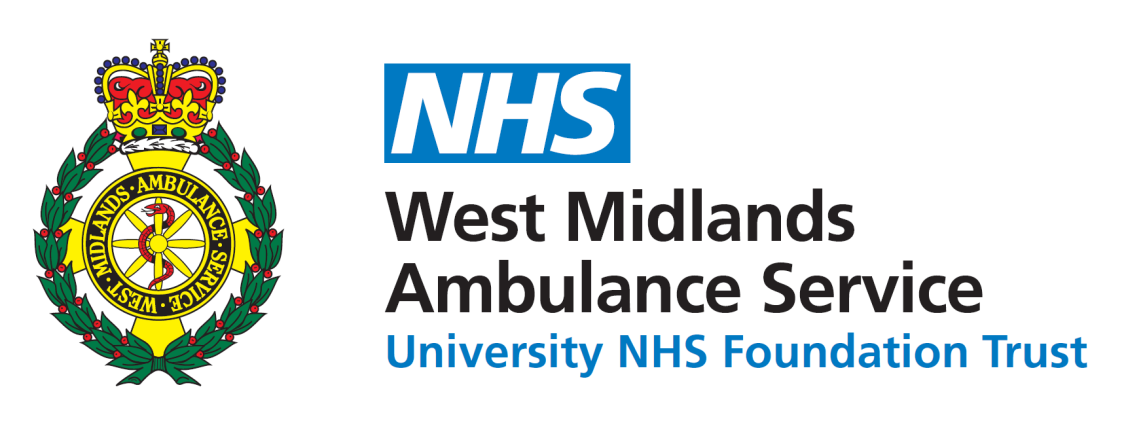Six months on from the start of the first UK lockdown, Health Data Research UK (HDR UK) is highlighting the vital role that the UK’s health data research community has played in responding to COVID-19, and the importance of including all groups in society as the pandemic continues. BHP is home to two HDR UK health data research hubs – PIONEER and INSIGHT.
HDR UK and the broader health data community have been at the forefront of the response to the pandemic, providing critical insights to support policymakers and the NHS.
The COVID-19 response has demonstrated the absolute necessity for timely, secure access to health data across all aspects of the disease from informing public policy to understanding the impacts on health and society, mapping the spread of the virus and testing new treatments, as well as revealing the knock-on effects of the pandemic on care for other conditions such as cancer and heart disease.
Many of the datasets underpinning these findings are now discoverable through the Health Data Research Innovation Gateway. This is a new online portal allowing researchers to find detailed information about nearly 500 datasets held by organisations across the UK including members of the UK Health Data Research Alliance – a collaborative group of 33 major health, care and research organisations including NHS trusts, charities, institutes and registries, including our founder member University Hospitals Birmingham.
Here are just 12 things we’ve learned so far about COVID-19 from health data research:
- Around 40 strains of SARS-CoV-2 coronavirus came to the UK, mainly from Europe
- Data from millions of COVID Symptom Study app users showed that loss of smell is a key symptom of COVID-19, leading to a change in NHS guidance
- Men, older people and those with underlying health conditions, such as heart disease and diabetes, are more at risk of worse outcomes from COVID-19
- People from Black, South Asian and minority ethnic groups in the UK are more likely to get COVID-19 and are at greater risk of worse outcomes
- Obesity increases the chances of falling seriously ill or being hospitalised with COVID-19, even for younger people
- Pregnant women aren’t at greater risk from severe COVID-19 overall, although Black and ethnic minority women and those with underlying health problems are more likely to be hospitalised
- COVID-19 outbreaks are more likely in large care homes, especially those with lower staffing levels
- Children and young people become less seriously ill with COVID-19 than adults, and severe disease is rare
- The RECOVERY trial showed that the drug dexamethasone cuts deaths by up to a third in severely ill COVID-19 patients while hydroxychloroquine and the antiviral combination lopinavir-ritonavir don’t help – health data was a vital part of the trial
- Young people have suffered most with mental health issues, such as anxiety, during lockdown
- There could be between 7,000-18,000 additional cancer deaths in the next year directly and indirectly due to COVID-19
- Around 5,000 heart attack sufferers might have missed out on life-saving hospital treatment as a result of the pandemic

The UK’s health data research effort in response to the COVID-19 pandemic has been unprecedented in its scale and scope, including:
- 110 health data research questions prioritised by the National Health Data Research COVID Response Team
- 56 million GP records made safely and securely available for essential COVID-19 research and response
- More than 4.2 million users of the COVID Symptom Study app, revealing new symptoms and regional hotspots – the study data is securely accessible through the Health Data Research Innovation Gateway
- More than 48,000 SARS-CoV-2 viral genomes analysed by the COG-UK Consortium
- More than 12,000 patients from 176 NHS hospitals enrolled in the RECOVERY COVID-19 treatment trial
- 80,000 patients recruited into the ISARIC-4C study, finding out how COVID-19 is affecting people across the UK
- More than 3,900 people in the GenOMICC study, investigating how individual genetic makeup affects the severity of COVID-19 symptoms
- 62 volunteers in Health Data Research UK’s Patient Advisory Group, providing vital input into COVID-19 research plans

Taking the theme ‘We’re all in this together’, HDR UK will be hosting a free online public event on Friday 2nd October at 12.30pm. The event will bring together people from the UK health data research community to talk about the work that’s been done so far to understand COVID-19 across the UK population, and to highlight the importance of including all groups in society in health data research for COVID-19 and beyond.
HDR UK and its partners will also be running a week of activity on Twitter @HDR_UK from 28th September – 2nd October using the hashtag #HealthDataTogether, as part of National Inclusion Week. Caroline Cake, CEO of HDR UK, said:
It has been inspiring to see how the UK health data research community has come together to tackle the COVID-19 pandemic, such as securing safe access to relevant datasets for researchers and policymakers, addressing ethical issues around data collection and consent, engaging patients and the public in such a fast-moving environment, and disseminating research findings in a timely way.
There is much more to do, and we will continue to work together over the coming months to make sure that health data research is used to benefit everyone and that nobody is left behind.”




